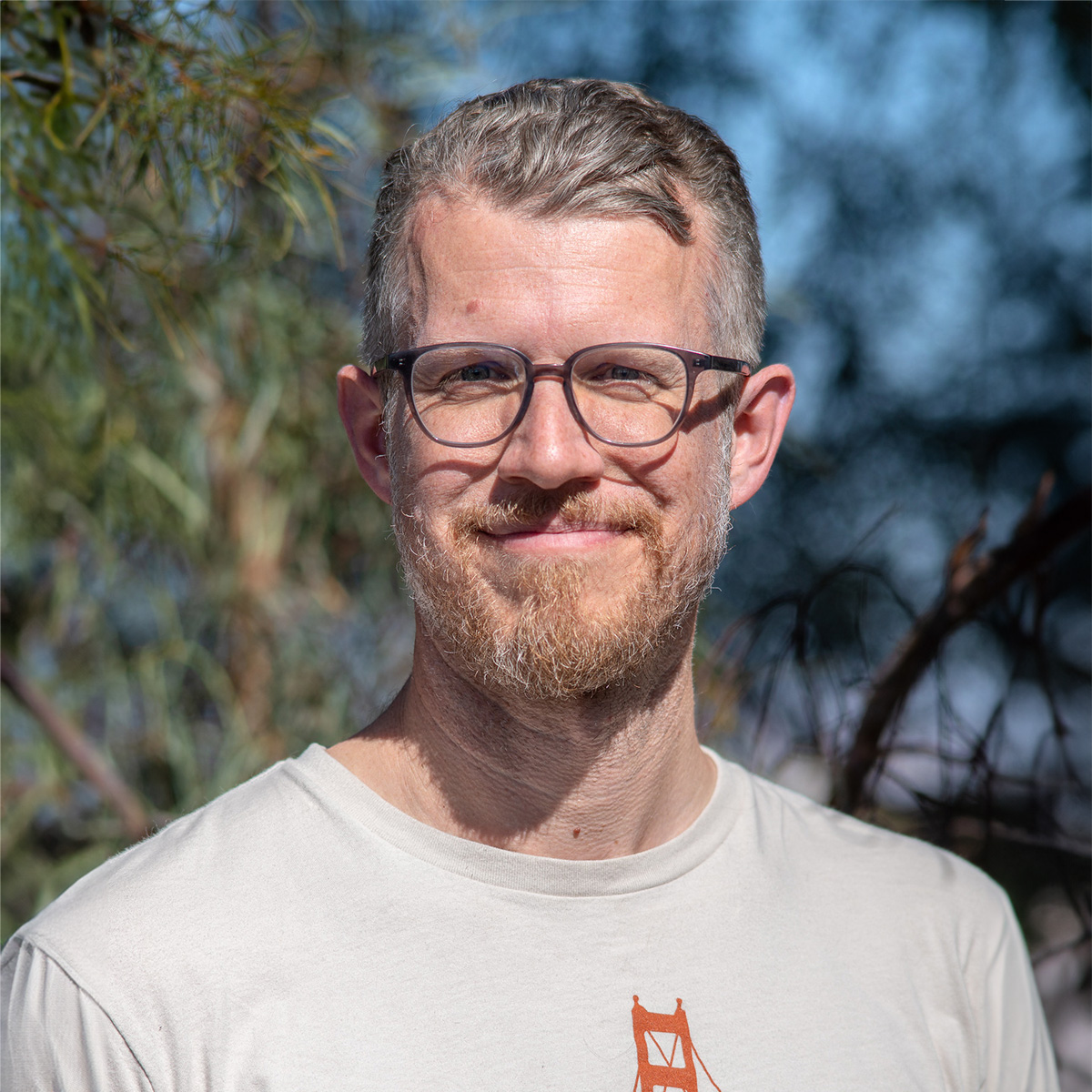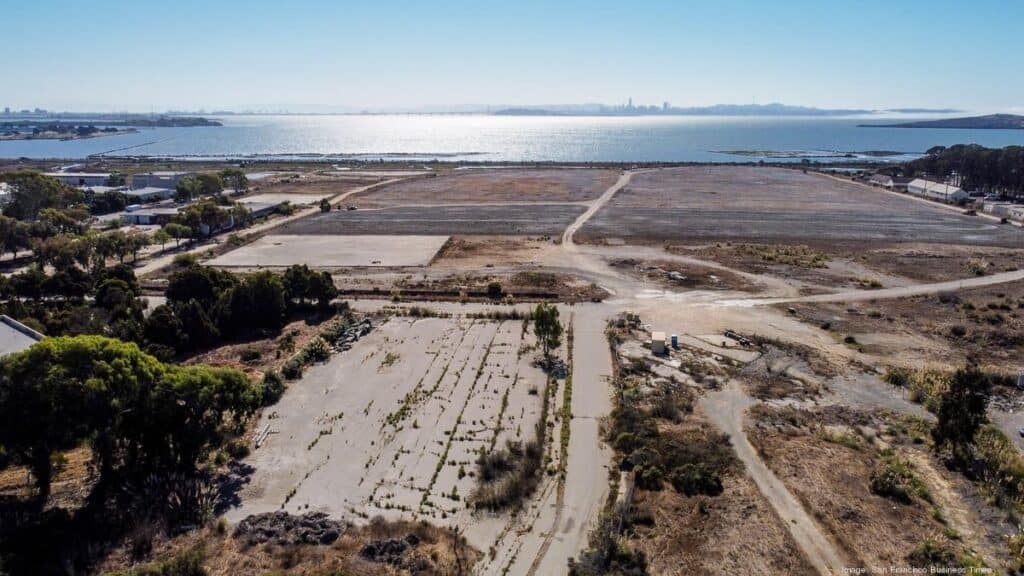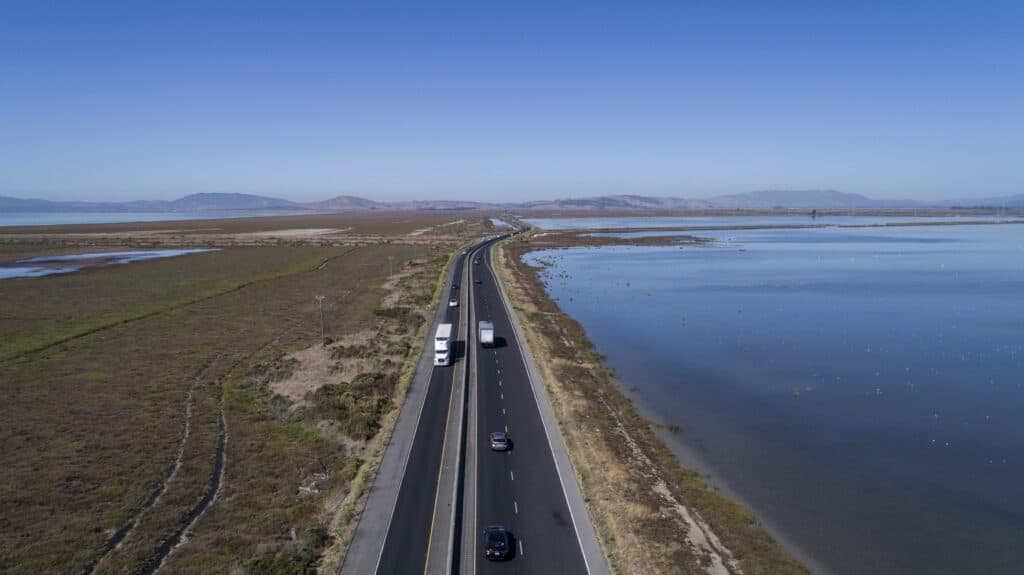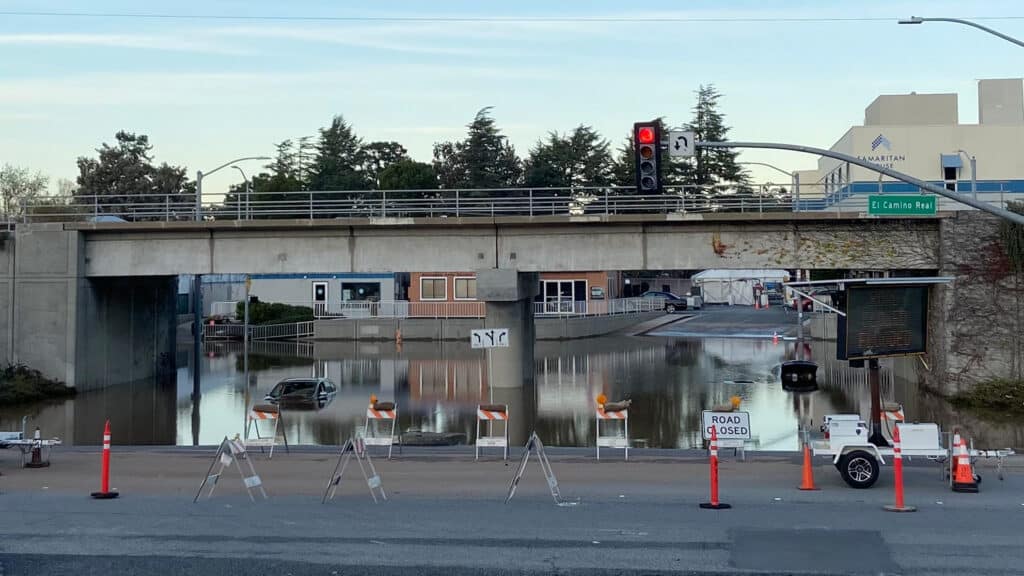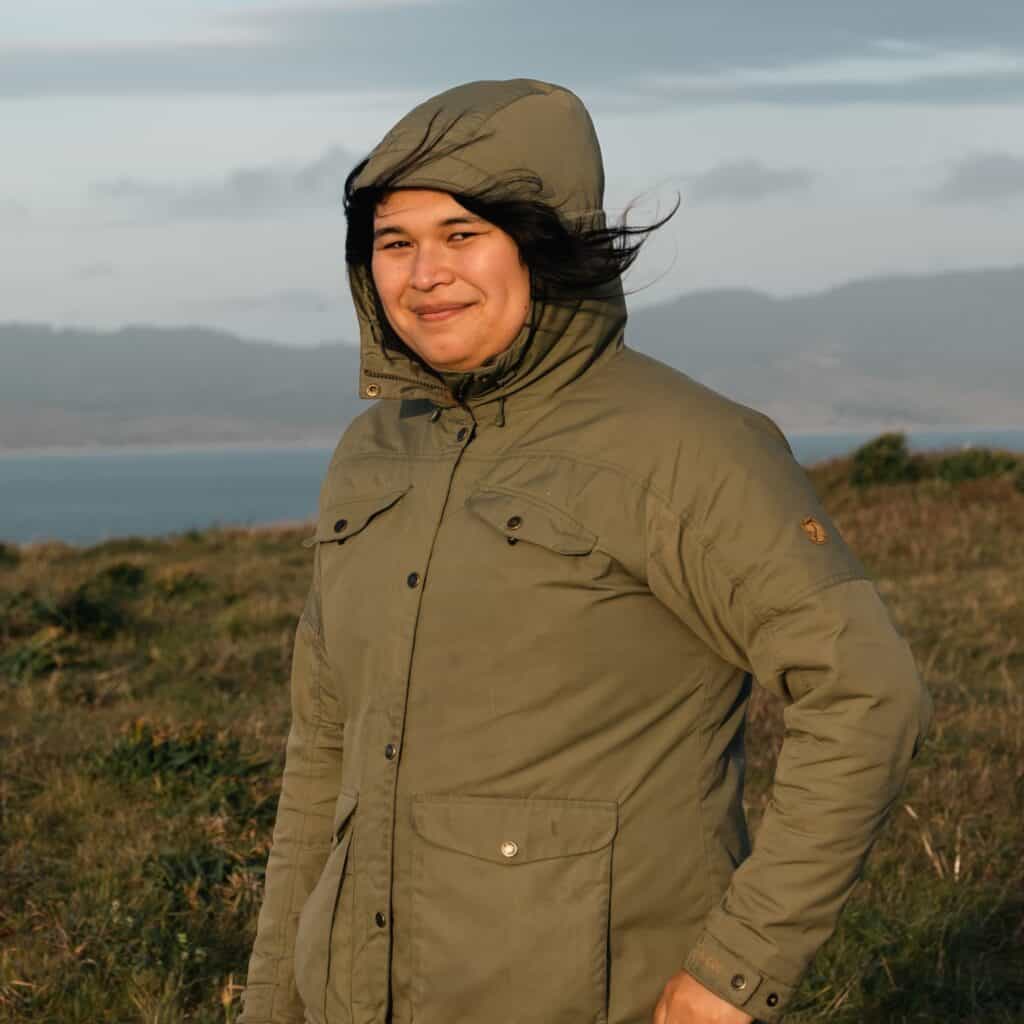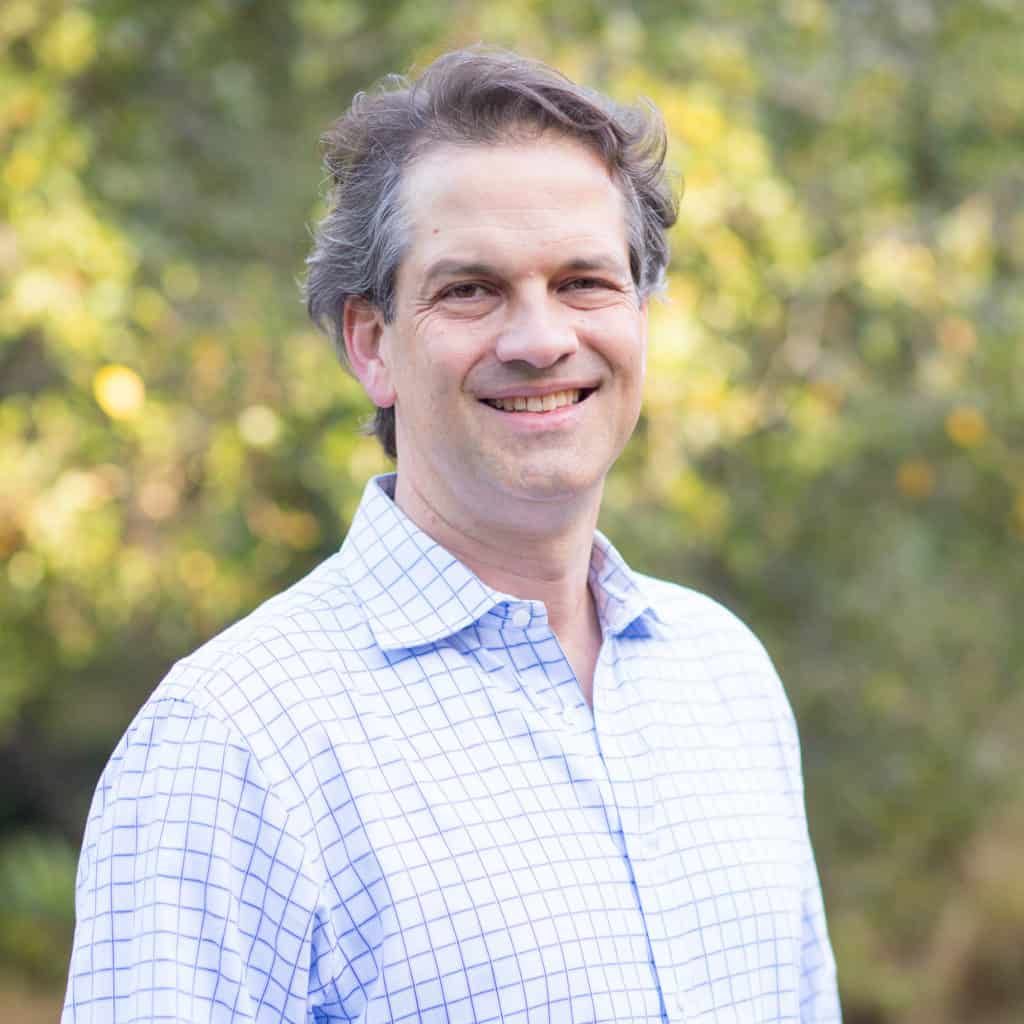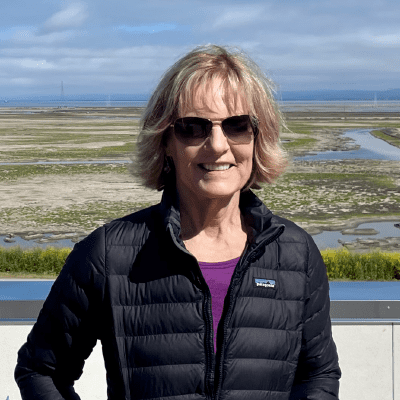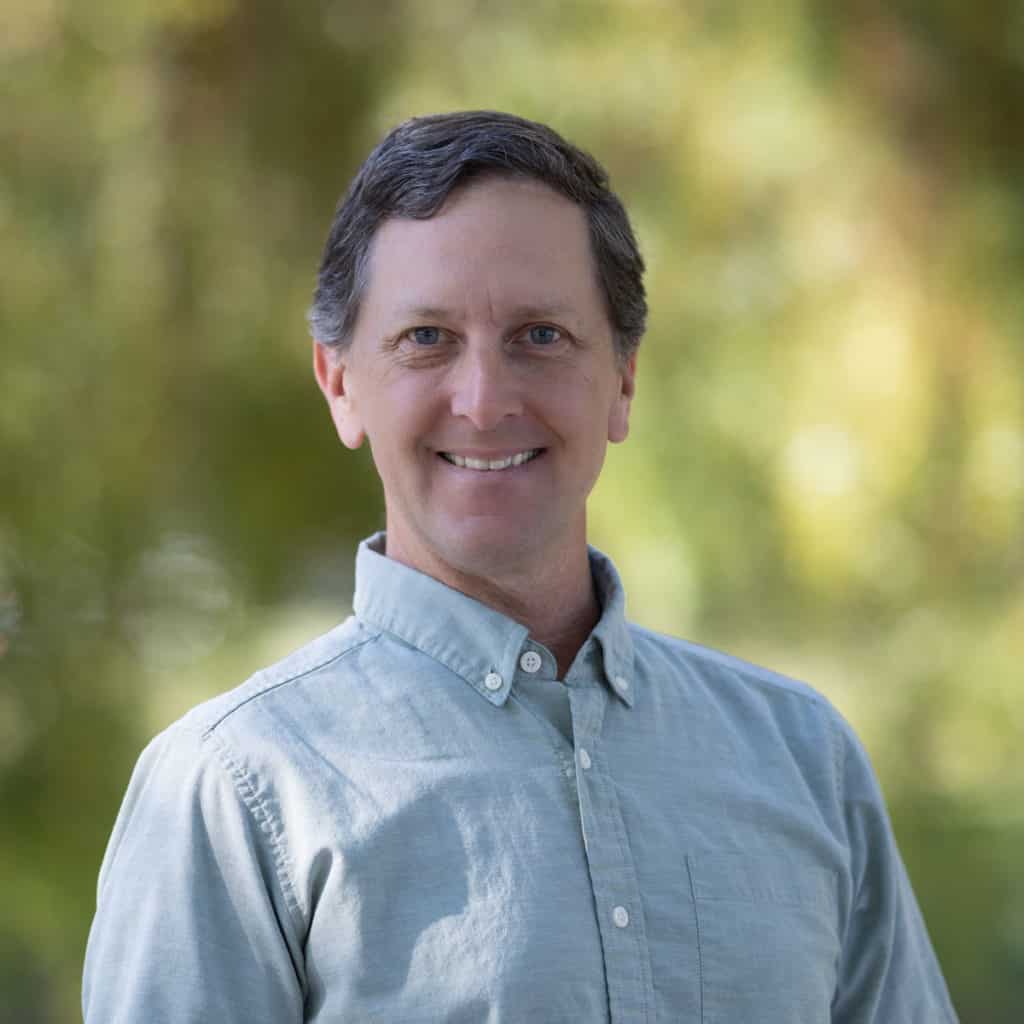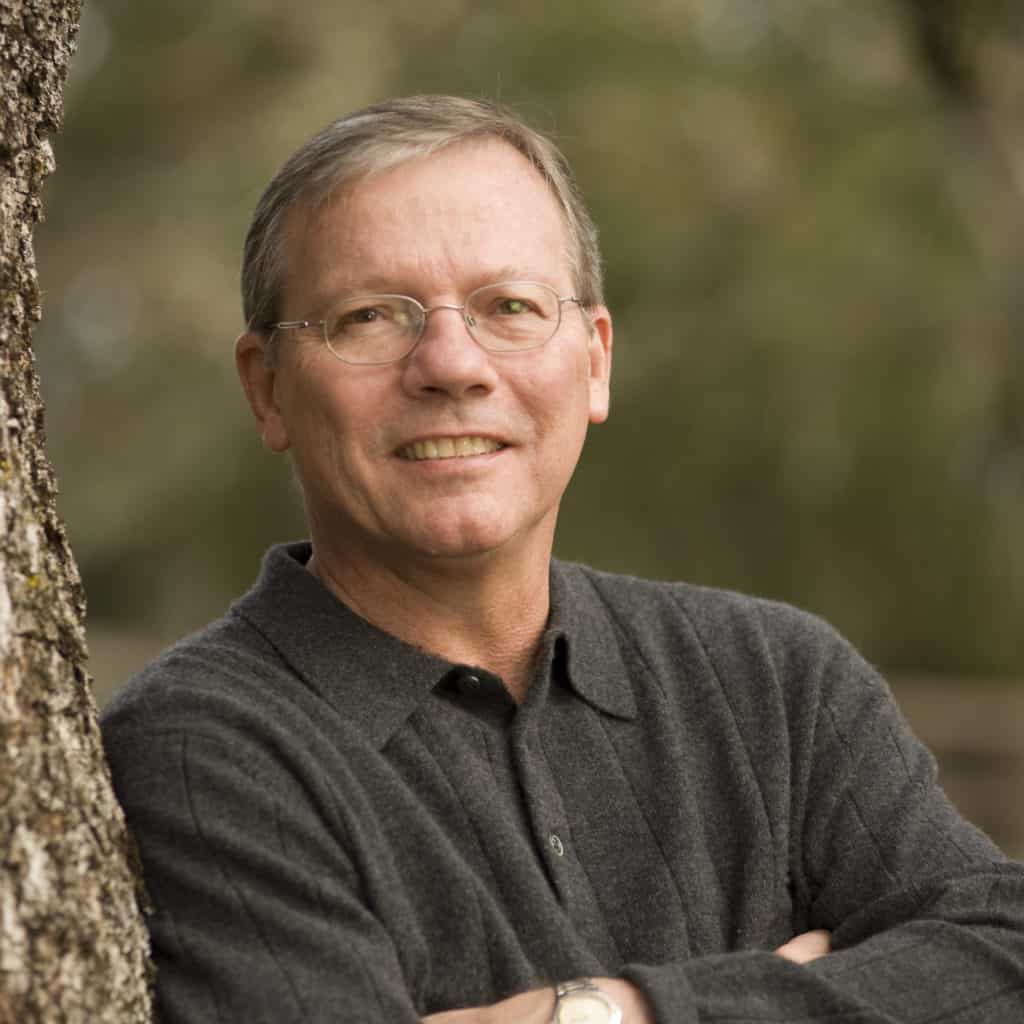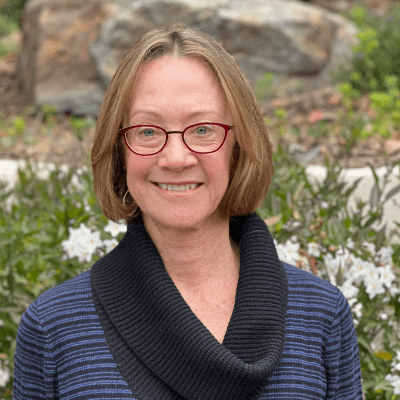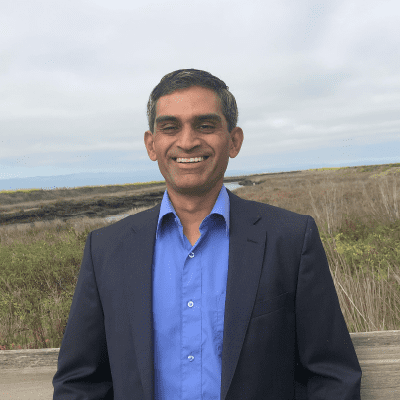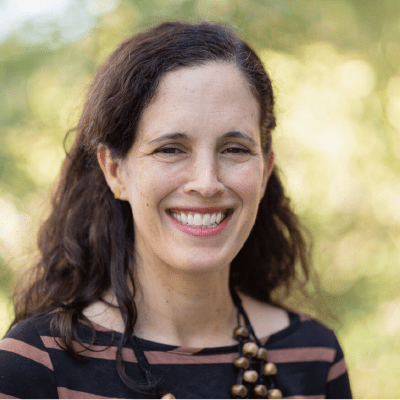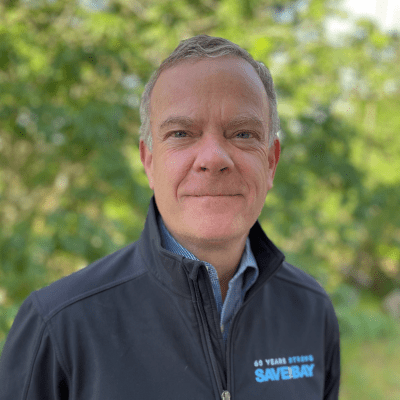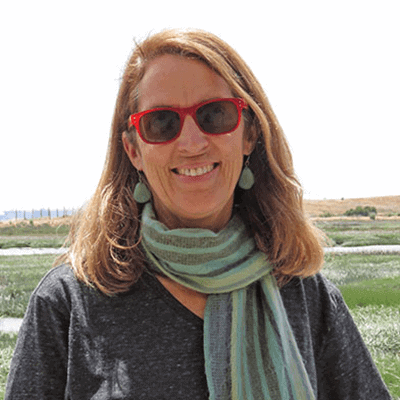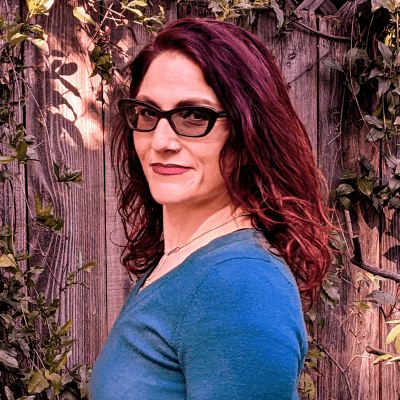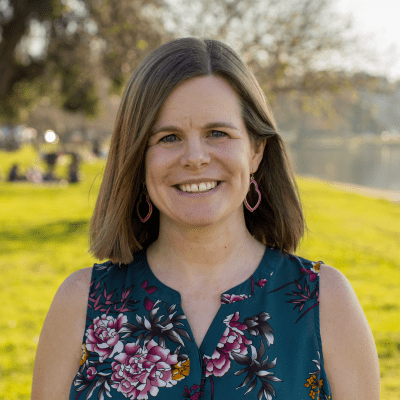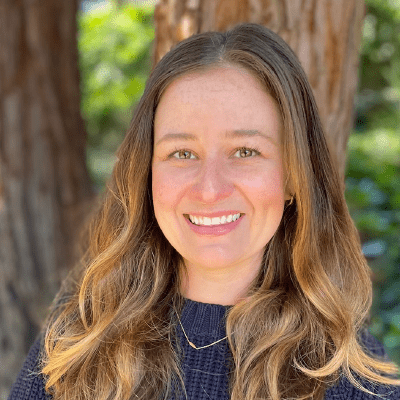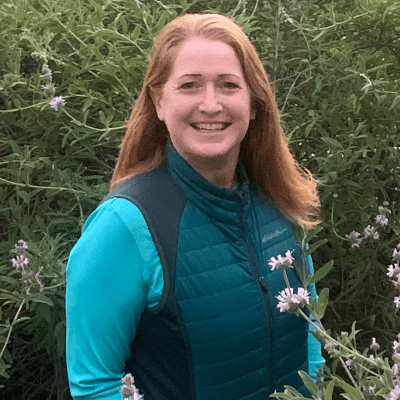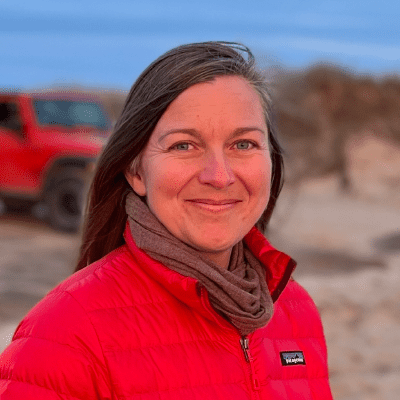
- Reducing vehicle emissions and harmful pollutant runoff into the Bay by building higher density housing – particularly affordable housing – and commercial developments near public transit, allowing people to work in the same communities in which they live, thereby facilitating decreased vehicle use;
- Conserving fresh water and slowing the flow of rain water by building “green streets” and plumbing systems that filter pollution from rain water and provide opportunities for its capture and local reuse; and,
- Increasing urban green space, which enhances recreational space, encourages people to walk or bike instead of drive, and reduces urban heat islands that lead to higher local energy consumption.
On the state Level We are fortunate to live in a state that has led the nation in the fight against climate change. Gov. Jerry Brown and our state legislature have already committed to pursuing continued aggressive action regardless of what happens in Washington, D.C. In 2017 and beyond, Save The Bay will:
- Build on the success of Measure AA by advocating for additional state funding to match our regional investment, allowing for more Bay restoration that will protect the ecosystem while also safeguarding shoreline communities against climate change-induced threats like flooding due to sea level rise;
- Build on the success of landmark 2016 climate mitigation legislation by advocating additional policies that further reduce greenhouse gas (GHG) emissions and provide communities – particularly low-income communities and communities of color, who suffer disproportionately from the impacts of climate change – with the resources to minimize these emissions and improve public health, safety, and quality of life; and,
- Support other climate resiliency legislation to benefit the Bay, including bills dealing with stormwater management, green infrastructure investment, allocation of the state’s Greenhouse Gas Reduction Fund monies, and water allocation and storage.
On the federal level Despite what we expect to be a more climate-change skeptical and anti-environment leadership in Washington, D.C., over the next few years we will be more aggressive than ever in asserting the importance of federal environmental protection laws, regulations, and strong action on climate change. Already, we have:
- Opposed the nomination of Oklahoma Attorney General Scott Pruitt to be administrator of the Environmental Protection Agency (EPA), citing his record of fighting EPA action on climate change and opposing enforcement of the Clean Water Act, Endangered Species Act, and the National Environmental Protection Act – all vital laws that we rely on to help protect the Bay and its ecosystem, particularly in the face of climate change;
- Urged our state’s newest U.S. Senator, Kamala Harris, to actively oppose Pruitt’s nomination in her capacity as a member of the Senate Environment and Public Works Committee; and,
- Discussed with our congressional partners the importance of creating a new federal program for San Francisco Bay restoration, including robust funding to match regional and state investments, both to ensure that the Bay ecosystem is protected into the future and to create a framework for addressing the growing threat of sea level rise and other climate-induced changes.
Together, we made a lot of progress on addressing climate change in the Bay in 2016, and Save The Bay is committed to intensifying the fight in 2017 and beyond.


